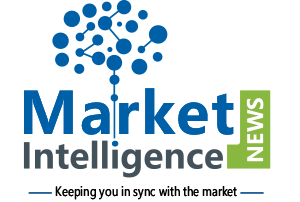Radiation dose management (RDM) market was valued at $129.8 million in 2016 and is projected to cross $1,600.0 million by 2023, growing at a CAGR of 46% between 2017-2023. Radiation dose management solutions and services are offered for various imaging modalities such as computed tomography (CT), nuclear medicine, fluoroscopy and interventional imaging, radiography and mammography, and others. Radiation dose management solutions and services are mostly utilized for monitoring radiation dose in CT. Globally, certain standards have been set up by the government to avoid high dose of radiation and have linked these doses to reimbursements, so that the radiologists give priority to the new guidelines.
One of the most important purpose of radiological protection is preventing the detrimental effects of the radiation from causing harm to a patient. Exposure to high doses of radiation over a short span of time can cause radiation sickness and sometimes even life-threatening diseases such as cancer. Some of the symptoms of radiation sickness include nausea, fainting, vomiting, confusion and diarrhoea, hair loss, mouth and skin sores, and bleeding. The radiation exposure is not only limited to the patients but there is also public exposure, medical exposure and emergency exposure where radiations can have a harmful effect on a person. Since patient care is the main focus of dose management, therefore, certain novel web-based management systems are established that use Microsoft cloud technology to track, analyze, and report practice-level radiation dose data. For instance, GE Healthcare has launched a data management solution DoseWatch Explore which is a cloud-based RDM software suite that tracks, analyses, and reports practice-level radiation dose data for GE computed tomography (CT) systems. Using Microsoft Azure cloud technology and GE’s InSite connection, DoseWatch Explore collects radiation data directly from the CT scanner; no additional hardware integration, infrastructure, or installation is required. Utilizing such solutions for managing the radiation dose helps in reducing the adverse effects on humans.
Taking into an account of geographical landscape, North America was the largest market in 2016, followed by Europe and Asia-Pacific. Europe is expected to register the fastest growth during the forecast period owing to increasing prevalence of chronic diseases and rising awareness about radiation dose safety through campaigns and conferences.




